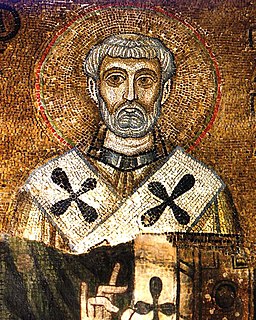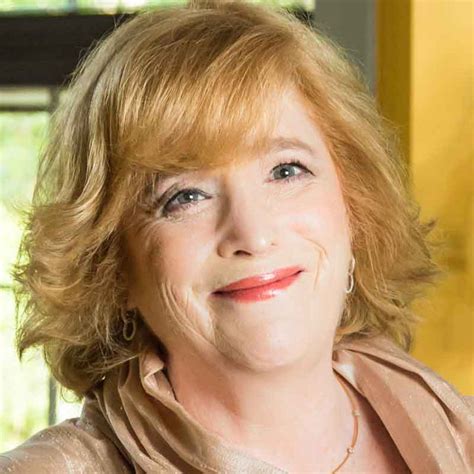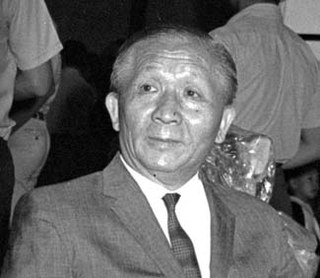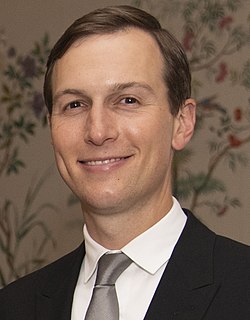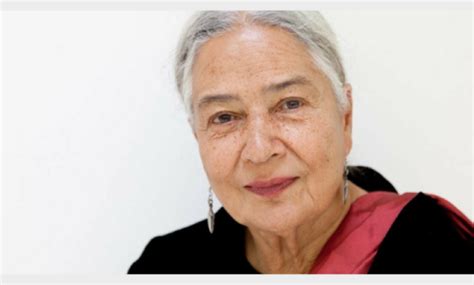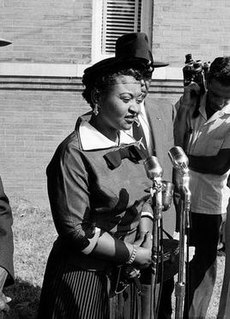A Quote by Swami Vivekananda
This caste system had grown by the practice of the son always following the business of the father.
Related Quotes
That the caste system must be abolished if the Hindu society is to be reconstructed on the basis of equality, goes without saying. Untouchability has its roots in the caste system. They cannot expect the Brahmins to rise in revolt against the caste system. Also we cannot rely upon the non-Brahmins and ask them to fight our battle.
... if we say that the Father is the origin of the Son and greater than the Son, we do not suggest any precedence in time or superiority in nature of the Father over the Son (cf. Jn. 14:28)? or superiority in any other respect save causation. And we mean by this, that the Son is begotten of the Father and not the Father of the Son, and that the Father naturally is the cause of the Son.
The Son is called the Father; so the Son must be the Father. We must realize this fact. There are some who say that He is called the Father, but He is not really the Father. But how could He be called the Father and yet not be the Father?... In the place where no man can approach Him (I Tim. 6:16), God is the Father. When He comes forth to manifest Himself, He is the Son. So, a Son is given, yet His name is called 'The everlasting Father.' This very Son who has been given to us is the very Father.
One way to read the Book of Mormon is as a book of encounters between fathers and sons. Some of those encounters were very positive and reinforcing on the part of the father of a son. Some were occasions where a father had to tell his son or his sons that the path that they were following was incorrect before the Lord.
I think that in the diaspora, and among immigrants, religion becomes a vehicle for the transmission of cultural information, and cultural codes, and this does end up re-inscribing certain things about the religion - like caste. Caste discrimination and hierarchy are still a very fundamental and violent part of Hinduism. My family was upper caste, and that was very clear. I feel like caste and religious practice are inextricable, actually.
Two months ago I had a nice apartment in Chicago. I had a good job. I had a son. When something happened to the Negroes in the South I said, `That's their business, not mine.' Now I know how wrong. I was. The murder of my son has shown me that what happens to any of us, anywhere in the world, had better be the business of us all.




